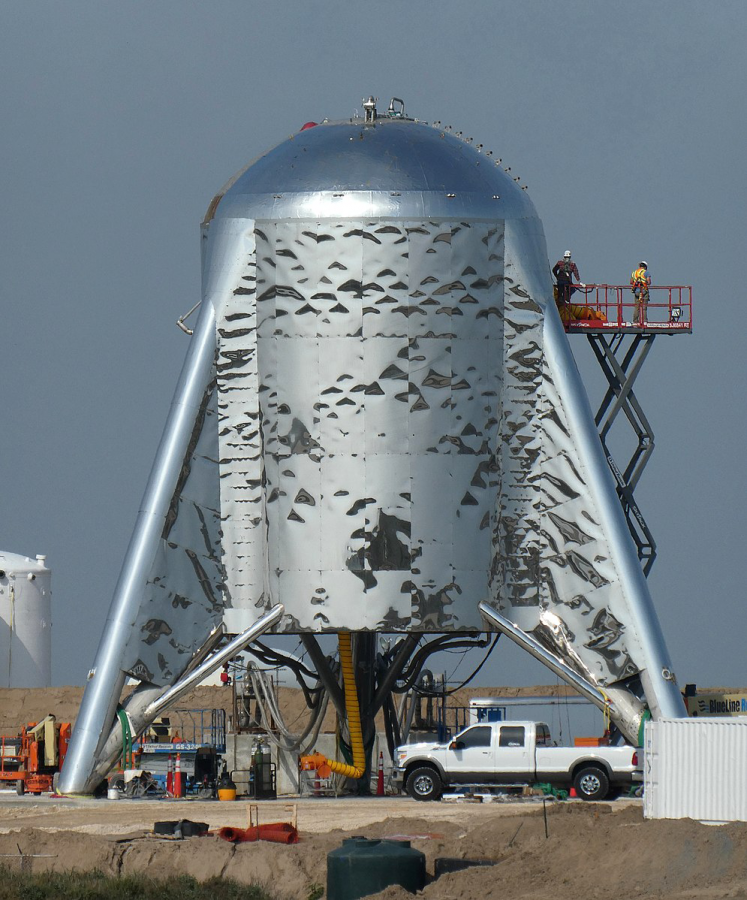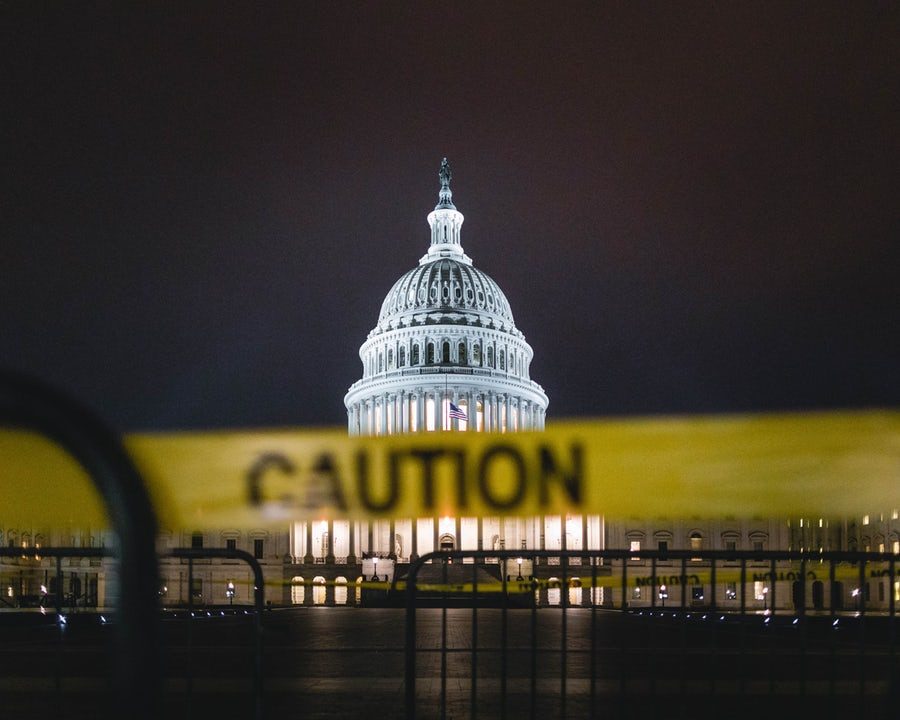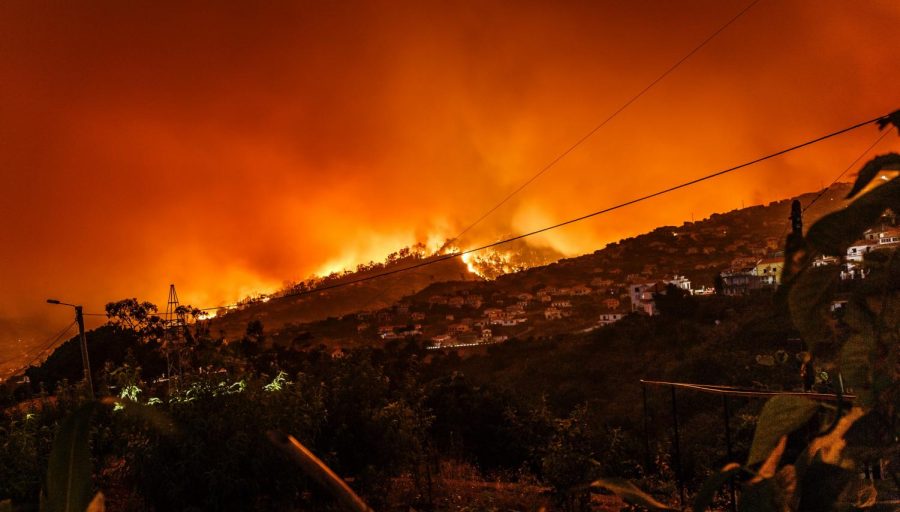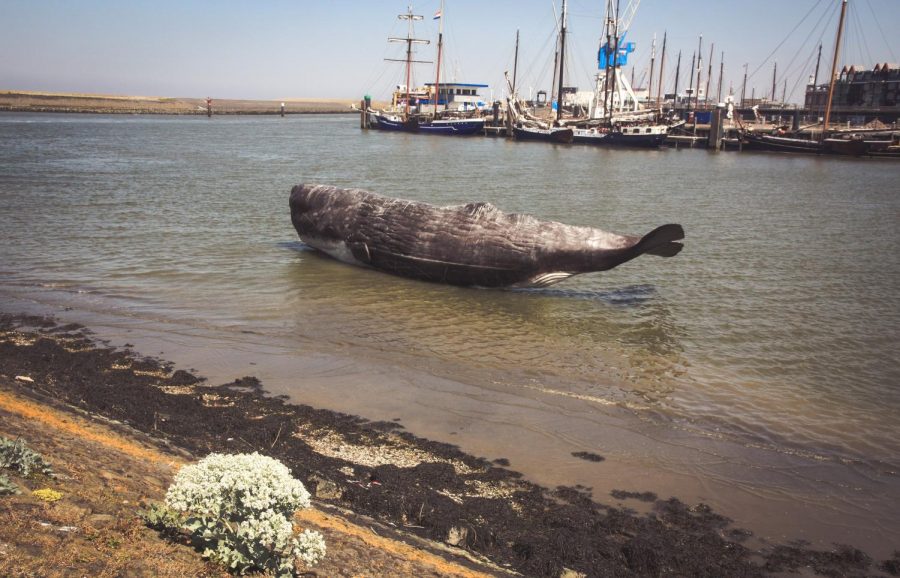Whales Lay Ashore Due to Mass Beaching
December 11, 2018
A remote island in New Zealand, is making news for being the host for stranded pilot whales. Hundreds of whales were seen violently thrashing against the beach, trying to find their way back to the impossible waters. Nature conservatives have no idea on how the whales washed ashore, contributing to the question as to why whales are having mass beaching around the world.
Liz Carlson, a travel blogger, was hiking along the remote west coast of the New Zealand Stewart Island, when she discovered the distraught scenery. As many of 150 whales washed ashore on the beach with half of the whales already dead. Carlson called for help but it was hours before help arrived. The discovery was made on November 24th, which the New Zealand’s Department of Conservation determined was too late and resulted in their death.
“We were pushing and trying to shove and drag them back out, but it was useless. They were so big and heavy, and so many of them. Some were maybe 5-6 meters long, and even the babies were over a meter and all very heavy. I will never forget their cries, the way they watched me as I sat with them in the water, how they desperately tried to swim but their weight only dug them deeper into the sands. I sank to my knees in the sand screaming in frustration and crying, with the sound of dozens of dying whales behind me, utterly alone,” Liz Carlson, said.
Sadly, due to the isolation of the Stewart Island and the dire weather stopping experts from flying to the location, the already dying whales had zero chances of surviving, even with equipment to help save them. The remaining whales were in deeply critical condition, some breathing slowly and heavily, that bringing them back to the water wouldn’t contribute to their already declining health. The island department made the decision to have the remaining whale euthanize; a mercy killing to end suffering.
“Sadly, the likelihood of being able to successfully refloat the remaining whales was extremely low. The remote location, lack of nearby personnel and the whales’ deteriorating condition meant the most humane thing to do was to euthanize. However, it is always a heart-breaking decision to make,” Ren Leppens, the department’s operations manager on the island, said.

















